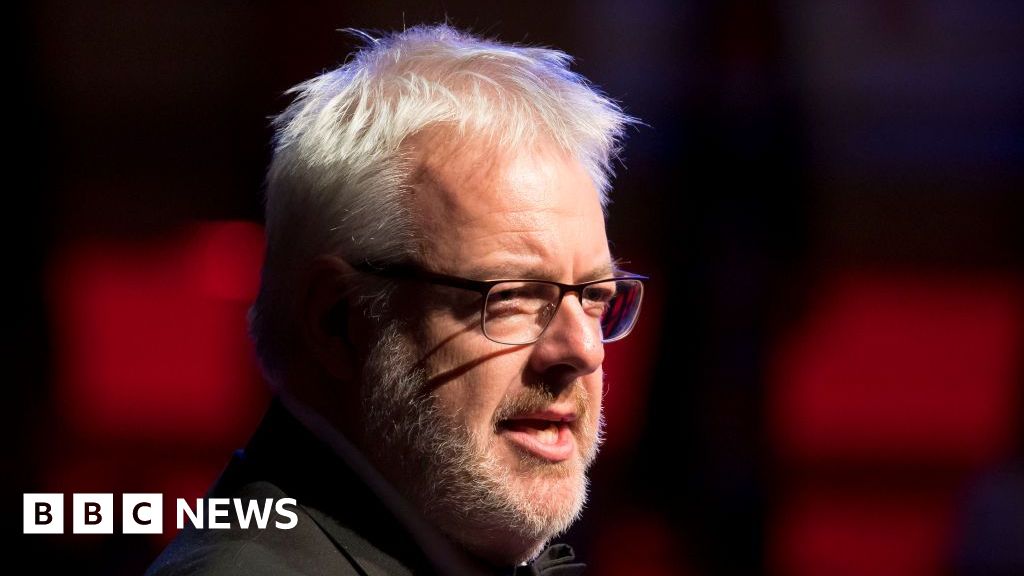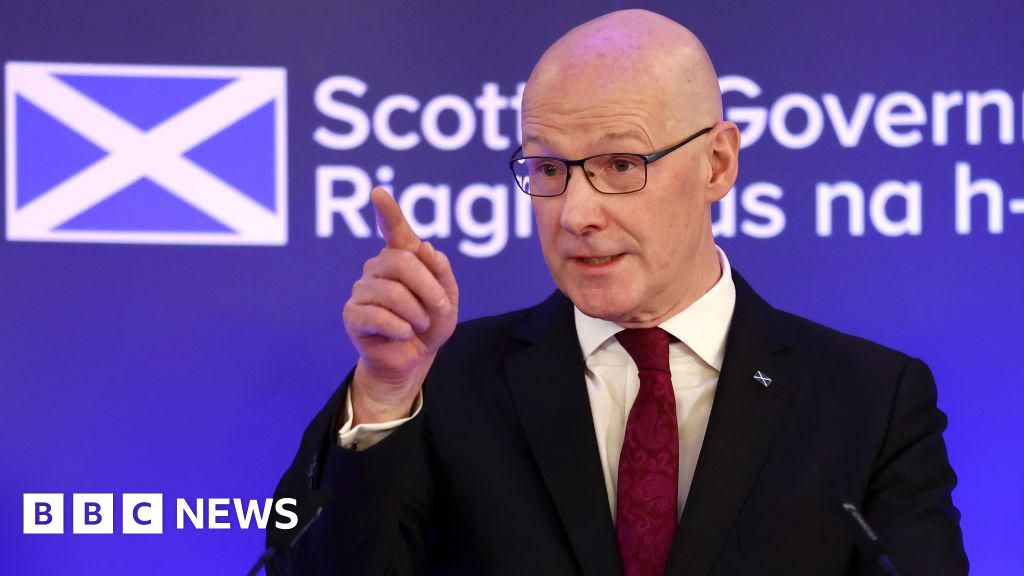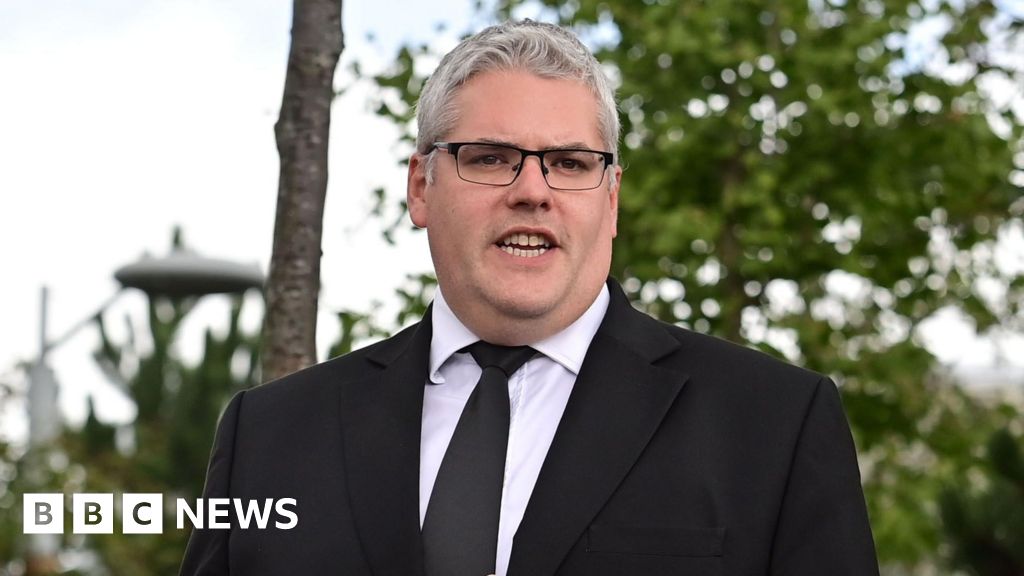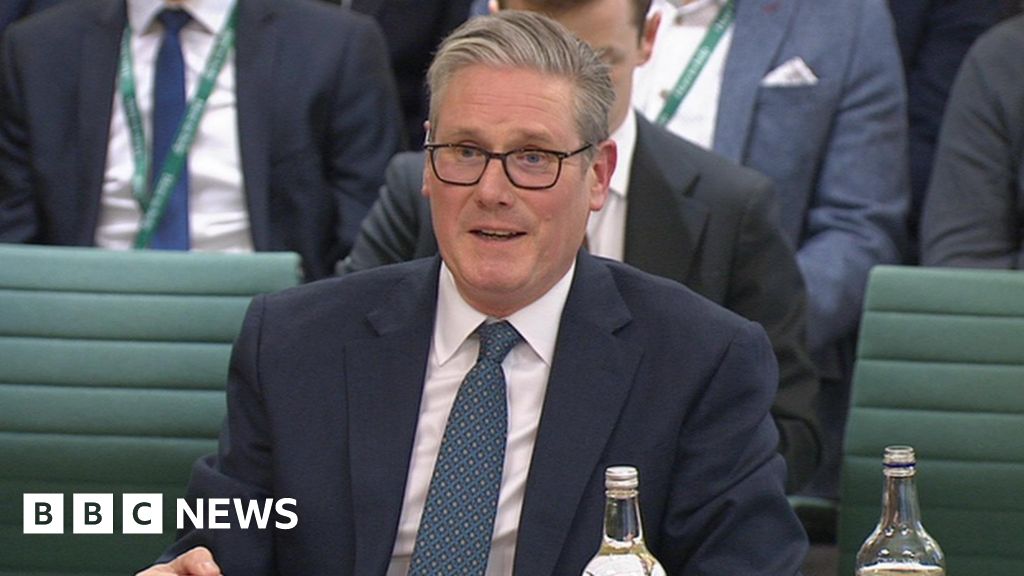A Labour MP has launched a campaign to cut the price of Freddo chocolate bars to 5p.
Patrick Hurley, who represents Southport, has said he set up a petition after speaking to students at a school in his constituency.
Announcing the move on social media, he said: "20 pence for a Freddo is too much, especially in a cost of living crisis".
The 18g Cadbury chocolate bar was originally introduced to the UK in the 1973 and then relaunched in 1994 when it cost 10p.
For over a decade, the price of a Freddo stuck at 10p, not rising with inflation.
Since the mid 2000s the price started to rise and costs currently stand at around 30p.
However, the 10p Freddo has gained a nostalgic status, and price increases are greeted with, sometimes tongue-in-cheek, outrage.
Hurley told the BBC he was inspired to launch his campaign after speaking to students at a local school in his constituency.
"The girls were very clued-up about political issues, including assisted dying and the Middle East."
However, he said one of the students also asked if he could launch a petition to cut Freddo bars to 5p.
Hurley said he didn't expect the campaign to succeed but that the petition was a "lovely, little whimsical, light-hearted thing we can do" that might help engage young people in politics.
"If you start talking about gas bills, the average 14-year-old might switch off, but if you talk about the price of chocolate bars..."
The Southport MP added that since announcing the campaign he had "learnt more about Freddos than any person should".
A spokesperson from Mondelez International, the company which owns Cadbury, said: "It's fantastic to hear about young people engaging in politics.
"It’s also important to note that as a manufacturer we do not set the retail prices for products sold in shops.
"However, what we can say is that since Freddo launched in 1973, our manufacturing costs have increased significantly and cocoa prices are at a record high, all of which need to be taken into consideration."
Prices for cocoa, the key ingredient for making chocolate, have been driven up after dry weather hit harvests in West Africa.

 2 months ago
23
2 months ago
23









